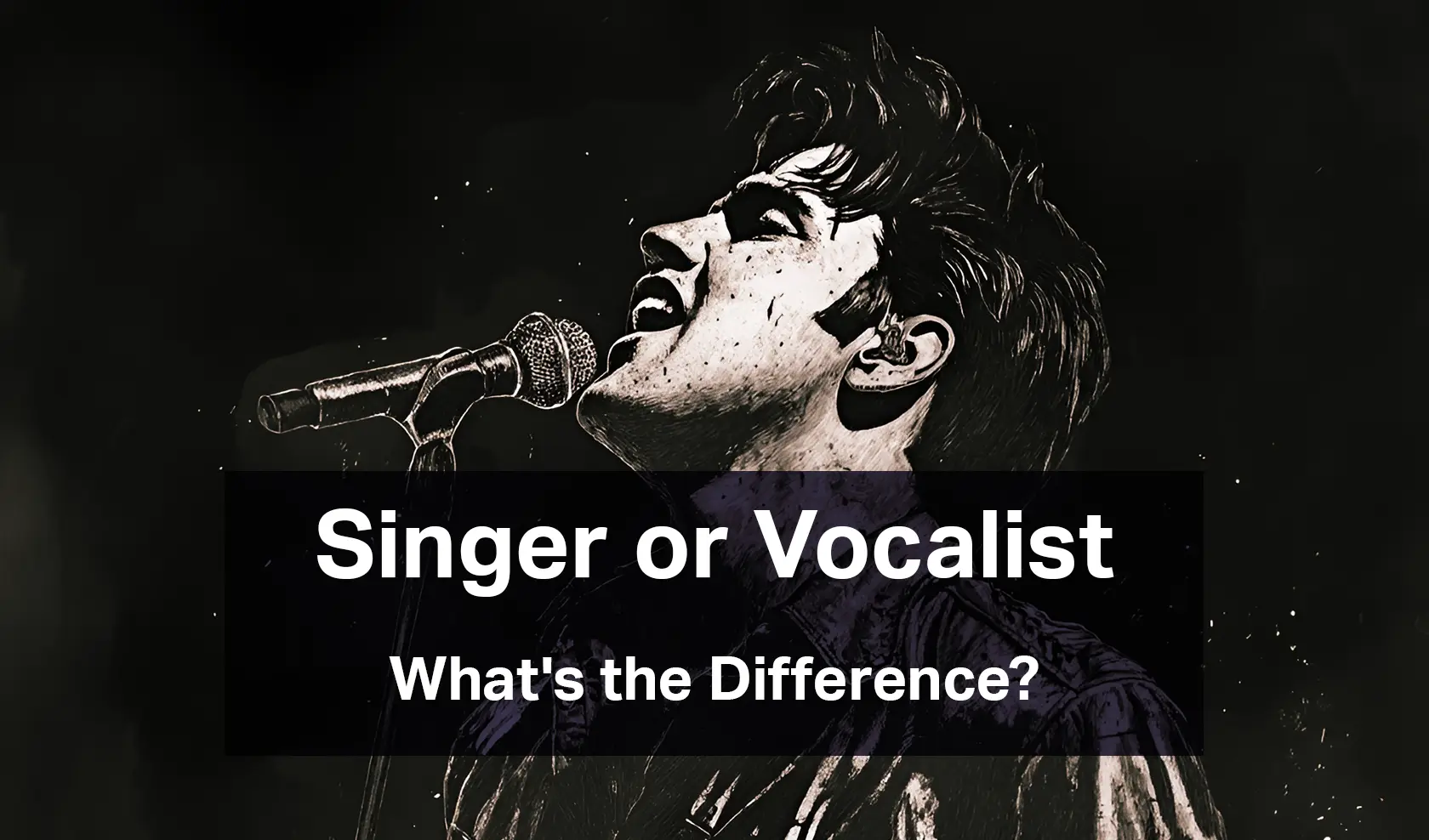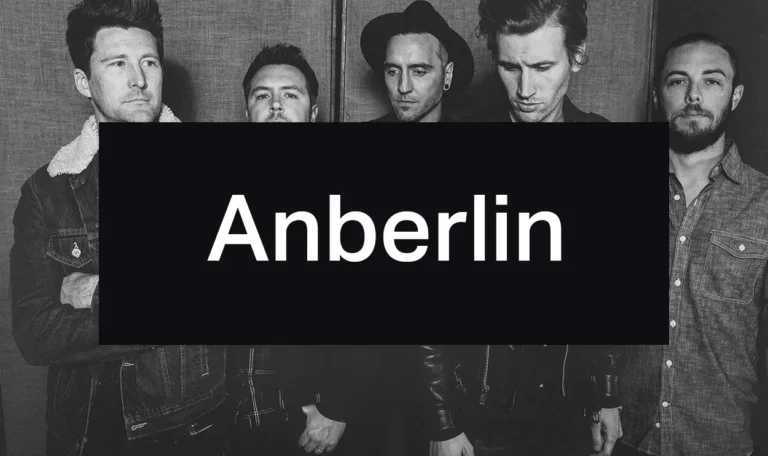Singer vs Vocalist: What’s the Difference?
What’s the difference between a singer and a vocalist? I recently had a conversation with a friend who was convinced that these two terms describe very different roles. I wasn’t so sure, so I decided to dig deeper and research what others think about it. And here’s what I found:
Although these terms can be used interchangeably, there’s a subtle difference between a singer and a vocalist. Generally, a singer is seen as anyone who can sing well in tune. While vocalist is often viewed as someone who is an expert or has specialized training in a particular style of singing.
The difference is quite minimal, as you can see. And in everyday conversations you can use either term to refer to a person who is singing. But it’s when you get down to the nitty-gritty of the definitions, or speak to someone who is closely involved in the music industry, then you might want to chose one term specifically.
The Difference Between a Singer and a Vocalist

When I discuss an artist or a band with someone and want to highlight that the person singing is remarkable, I tend to use the term vocalist. Typically I refer to someone exceptional, with a unique voice, impressive vocal range. So, I reserve “vocalist” for someone truly memorable. From my observations online and from conversations with other music enthusiasts, that’s the most common way of thinking about vocalists.
On the other hand, the term singer has a somewhat broader meaning. Pretty much anyone who performs singing can be called a singer. However this doesn’t mean that vocalists are inherently superior to singers. There are many amazing iconic singers who surpassed so-called vocalists in popularity, influence, and success.
Take Bob Dylan, for instance. You wouldn’t describe him as someone with extraordinary vocal ability. But it didn’t stop him from becoming a music legend. Or consider the boy bands of the 1990s. Those groups typically had four or five singers, and in all honesty no one would describe them as outstanding vocalists. And yet these boy-bands achieved massive popularity and were superstars.

And these two terms are not mutually exclusive. A singer can also be an outstanding vocalist, just as a vocalist might not always be exceptional.
Does It Really Matter?
While everything that I’ve written above is a accurate, you shouldn’t feel restricted to use any of the terms interchangeably. First of all, people often have own interpretations of what a singer or vocalist means. Their definition might be a completely different from yours, so don’t worry about it – use what you feel like.
Secondly, most people don’t care enough to make a clear distinction between these terms. For the majority, hearing someone sing automatically makes that person a singer. Simple as that. For most music fans it’s much more important to distinguish if someone is a good singer or a bad one.
So unless you’re directly talking to a singer/vocalist, or dealing with formal documents like an official contract where you actually need to define a role of ‘vocalist’, just use whichever term you prefer.
Examples Of Singers and Vocalists
Personally, I support a point of view that being a singer is more about the feel, while vocalist is more about the skill. If an artist can channel their emotions into their singing, or has strong charisma and intriguing personality – that will make them great singers.
Meanwhile, if someone can pull of impressive vocal performance, which usually requires special training and exercises, I’d describe them as a great vocalist. They don’t necessarily need to be super emotional or charismatic, the quality of their vocals alone is enough to capture attention.
When I think of great singers who wouldn’t typically be called vocalists, names like Jack White, Nick Cave, Bob Dylan, and Bruce Springsteen come to mind. These artists are loved for their emotional singing and unique personas rather than their technical vocal prowess. And if we are talking about striking vocalists, these names pop up right away: Mariah Carey, Alicia Keys, Luciano Pavarotti. These artists had incredible vocal skills that set them apart.
Of course, some artists are both great singers and vocalists. Meaning they combine extraordinary vocal ability and captivating personalities. Think of Freddie Mercury from Queen, Elvis Presley, Frank Sinatra, Nina Simone, John Fogerty from Creedence Clearwater Revival.
Conclusion
To sum it up, here’s a simple comparison table. It shows what seems to be the most common interpretation of both vocalist and singer:
| Singer | Vocalist | |
|---|---|---|
| Definition: | A general term describing someone who sings. Can refer to anyone who does it professionally and casually. But doesn’t describe the actual talent level or singing ability. | A more specific term often used in formal or technical contexts. Usually refers to a trained, professional singer, or someone with exceptional vocal ability. |
| Examples: | Harry Styles, Freddie Mercury, Pink, Bob Dylan | Whitney Houston, Mariah Carey, Steve Perry, Ronnie James Dio |
As you can see from the examples, you can put most of these artists in any of the categories. It won’t change who they are. Freddie Mercury is both a legendary vocalist and singer. It’s just in what light most people think about them.







